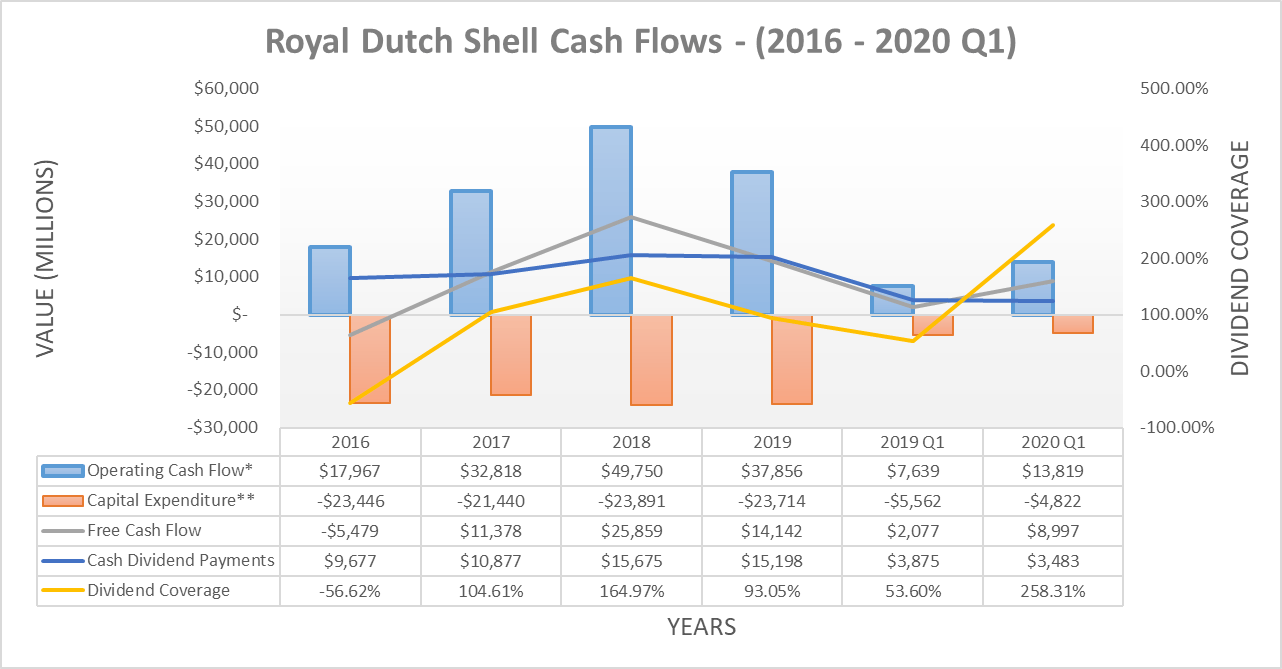Schneider Electric's Climate Smart Village: Empowering African Communities Through Sustainable Energy

Table of Contents
- The Impact of Energy Access in Rural Africa
- Challenges of Limited Energy Access
- The Benefits of Sustainable Energy Solutions
- Schneider Electric's Climate Smart Village Initiative
- Program Overview
- Case Studies & Success Stories
- Technological Solutions and Innovation in Schneider Electric's Climate Smart Villages
- Renewable Energy Technologies
- Smart Grid Technologies & Monitoring
- Sustainability and Long-Term Impact of Schneider Electric's Climate Smart Villages
- Environmental Benefits
- Economic Sustainability
- Social Sustainability
- Conclusion
The Impact of Energy Access in Rural Africa
Challenges of Limited Energy Access
The lack of reliable electricity in rural African communities presents significant hurdles to progress. This energy deficit creates a ripple effect, negatively impacting various aspects of life:
- Limited access to healthcare: Lack of refrigeration for vaccines and medicines, insufficient power for medical equipment, and limited ability to provide nighttime care all contribute to poorer health outcomes.
- Hindered educational opportunities: Without electricity, studying after dark is impossible, limiting learning time. Access to computers and educational technologies is also severely restricted.
- Restricted economic activities: Small businesses struggle to operate without reliable power, limiting income generation and economic growth. Agricultural productivity is hampered by a lack of access to irrigation pumps and processing equipment.
- Decreased safety and security: The absence of adequate lighting at night increases vulnerability to crime and accidents, impacting overall safety and security within the communities.
The Benefits of Sustainable Energy Solutions
Conversely, access to clean and sustainable energy unlocks transformative potential:
- Improved healthcare outcomes: Reliable electricity enables proper vaccine storage, facilitates the use of medical equipment, and allows for extended healthcare services, improving health indicators and overall well-being.
- Enhanced educational opportunities: Lighting enables evening study sessions, and access to computers and the internet opens up a world of educational resources, boosting learning and development.
- Boosted economic development: Reliable power enables small businesses to thrive, boosting economic activity and creating job opportunities, fostering local economic growth. Agricultural productivity is significantly enhanced through the use of electrically powered irrigation and processing equipment.
- Increased safety and security: Adequate lighting significantly improves safety and security, reducing crime rates and accidents and fostering a sense of security within communities.
- Improved quality of life: Overall, access to reliable electricity significantly enhances the quality of life, providing comfort, convenience, and opportunities for growth and development.
Schneider Electric's Climate Smart Village Initiative
Program Overview
Schneider Electric's Climate Smart Village initiative aims to bring sustainable energy solutions to rural African communities. The program's methodology focuses on a holistic approach, incorporating various renewable energy technologies and community engagement strategies. The initiative utilizes:
- Solar photovoltaic (PV) systems: Providing clean, renewable energy directly to homes and businesses.
- Wind turbines: Harnessing wind energy in suitable locations to supplement solar power.
- Mini-grids: Creating localized power distribution networks to serve multiple households and businesses.
- Energy storage solutions: Implementing battery systems to ensure reliable power supply even during periods of low sunlight or wind.
The program prioritizes community participation, offering training and capacity-building programs to empower local communities to manage and maintain the implemented systems. Strong partnerships with local governments and NGOs ensure the long-term sustainability of the initiative.
Case Studies & Success Stories
The Climate Smart Village initiative boasts numerous successful implementations across Africa. In the village of [Village Name, Country], the installation of a solar mini-grid resulted in a [Percentage]% increase in household income due to increased business activity. In another location, [Village Name, Country], improved access to healthcare led to a [Percentage]% reduction in child mortality rates. Community testimonials highlight the transformative impact of the project on education, economic opportunities, and overall quality of life. These quantifiable results underscore the initiative's effectiveness in improving livelihoods.
Technological Solutions and Innovation in Schneider Electric's Climate Smart Villages
Renewable Energy Technologies
Schneider Electric utilizes a range of cutting-edge renewable energy technologies, carefully selecting solutions tailored to the specific needs and resources of each community. These include:
- High-efficiency solar panels: Optimized for performance in diverse climates.
- Reliable wind turbines: Suited for areas with sufficient wind resources.
- Advanced battery storage: Ensuring consistent power supply even during periods of low renewable energy generation.
- Smart microgrids: Enabling efficient and reliable distribution of energy within the community.
These technologies are chosen for their reliability, efficiency, and environmental friendliness, minimizing reliance on fossil fuels and reducing carbon emissions.
Smart Grid Technologies & Monitoring
Smart grid technologies play a crucial role in optimizing energy distribution and consumption. These systems enable:
- Remote monitoring and control: Allowing for real-time monitoring of energy production and consumption, enabling proactive management and maintenance.
- Data-driven decision making: Utilizing data analysis to improve efficiency and identify areas for optimization.
- Predictive maintenance: Reducing downtime and ensuring the longevity of the energy systems.
Sustainability and Long-Term Impact of Schneider Electric's Climate Smart Villages
Environmental Benefits
The initiative significantly reduces reliance on fossil fuels, resulting in:
- Reduced CO2 emissions: Contributing to mitigating climate change.
- Improved air quality: Reducing respiratory illnesses and improving overall health.
- Reduced deforestation: Minimizing the need for wood fuel for cooking and heating.
- Conservation of natural resources: Promoting environmentally sustainable energy practices.
Economic Sustainability
The long-term economic benefits are considerable, including:
- Job creation: Opportunities in installation, maintenance, and operation of the renewable energy systems.
- Income generation: Increased economic activity and opportunities for small businesses.
- Reduced energy costs: Lowering the cost of energy for households and businesses.
- Local capacity building: Empowering communities to manage and maintain their own energy systems.
Social Sustainability
Beyond the economic benefits, the initiative fosters:
- Improved health indicators: Better access to healthcare and improved sanitation.
- Better educational outcomes: Increased access to education and learning resources.
- Social empowerment: Enabling communities to take control of their energy future.
- Community ownership models: Ensuring long-term sustainability and local control.
- Local skill development: Providing training and job opportunities within the communities.
Conclusion
Schneider Electric's Climate Smart Villages demonstrate the transformative power of sustainable energy solutions in empowering African communities. By providing access to clean and reliable energy, the initiative addresses critical challenges related to health, education, economic development, and overall quality of life. The program's success lies in its holistic approach, incorporating technological innovation, community engagement, and a focus on long-term sustainability.
Learn more about Schneider Electric's Climate Smart Villages and how you can contribute to sustainable energy solutions in Africa. Explore the transformative impact of sustainable energy initiatives like Schneider Electric's Climate Smart Villages and join us in building a brighter, more sustainable future for rural Africa.

 Eskisehir De Tip Oegrencileri Boksla Stres Atiyor
Eskisehir De Tip Oegrencileri Boksla Stres Atiyor
 Ducks Carlssons Strong Performance Overshadowed In Overtime Loss To Stars
Ducks Carlssons Strong Performance Overshadowed In Overtime Loss To Stars
 White House Visit Controversy Jalen Hurts Absence And Trumps Tush Push
White House Visit Controversy Jalen Hurts Absence And Trumps Tush Push
 Asparagus Health Benefits Exploring The Nutritional Powerhouse
Asparagus Health Benefits Exploring The Nutritional Powerhouse
 Becciu Indagine Sulle Chat Segrete E Le Accuse Di Complotto Al Vaticano
Becciu Indagine Sulle Chat Segrete E Le Accuse Di Complotto Al Vaticano
